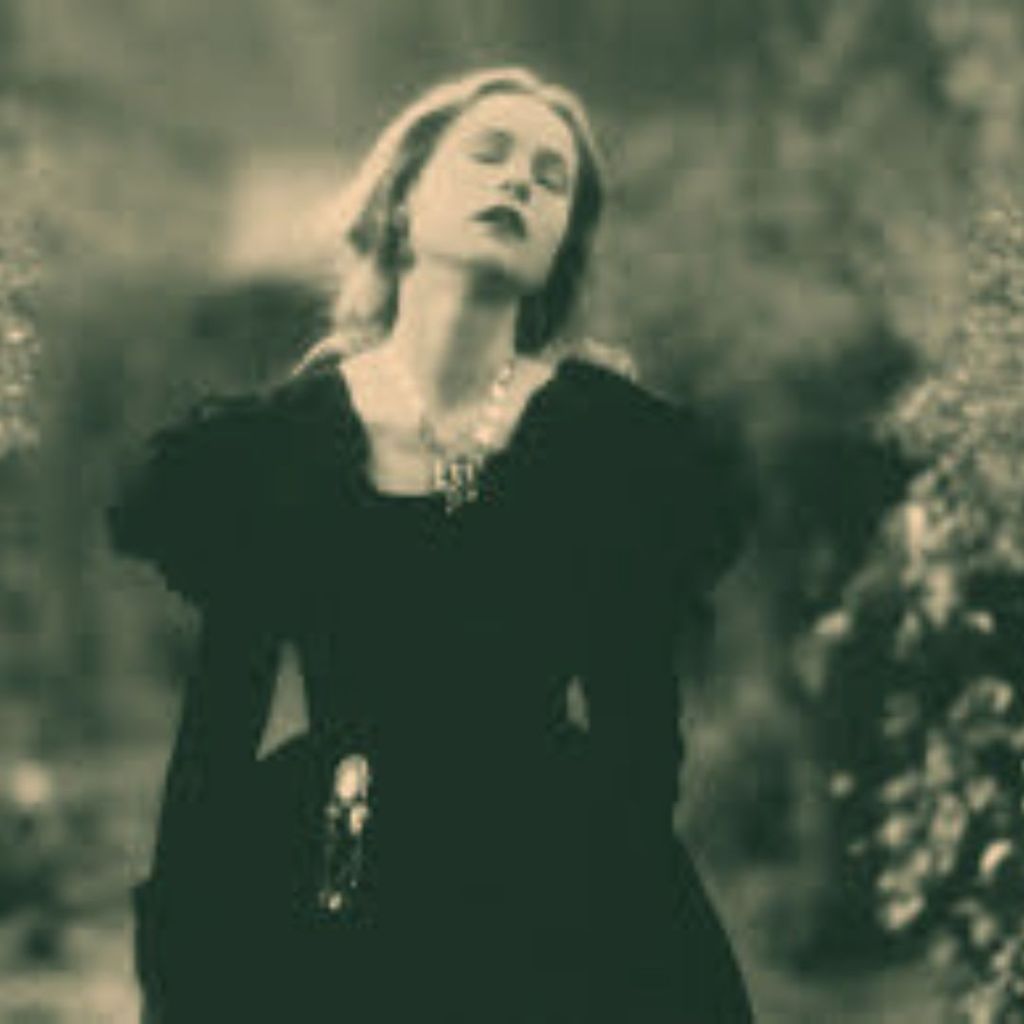It makes me shake with rage to think of classical novelists who try to imagine being a woman and find no rational way to live in the restrictive male dominated societies and so have write their protagonists into killing themselves.
Leo Tolstoy’s Anna Karenina jumps in front of a train Gustav Flaubert’s Emma Bovary eats poison, and Henrik Ibsen has his eponymous hero Hedda Gabler, shoot herself.
This male gaze on female-specific tragedy is particularly sickening when you look at how little either of the great classical writers did to help the women in their lives or campaign at all for women to have human rights.
In a twisted way writing their novels is the greatest act of empathy that may have been available to them.
I wonder why these men, who clearly fully comprehended the horrors of female life, did not take the next step and work to change the society in which they found themselves.
Tolstoy even counteracts what possible good Anna Karenina might have had in his lifetime by also publishing “The Kreutzer Sonata” which strongly criticizes romantic love and sexuality and suggests that women should lead lives of chastity and devotion.
Flaubert didn’t go as far as publicly contradicting himself, but also didn’t do anything to improve the lives of women in society beyond writing Madame Bovary.
Neither was a direct activist for women’s rights in the contemporary or political sense, but their works were empathetic enough to fully comprehend the horrors of womanhood.
It’s like they started to try, in writing their novels, then grew bored or scared, perhaps even so overwhelmed at the prospect of being a woman that they just stopped. Maybe they wrote these novels on a date.
Obviously this isn’t super well researched, and maybe too emotional, barf, but I do find it quite disturbing.


Leave a comment